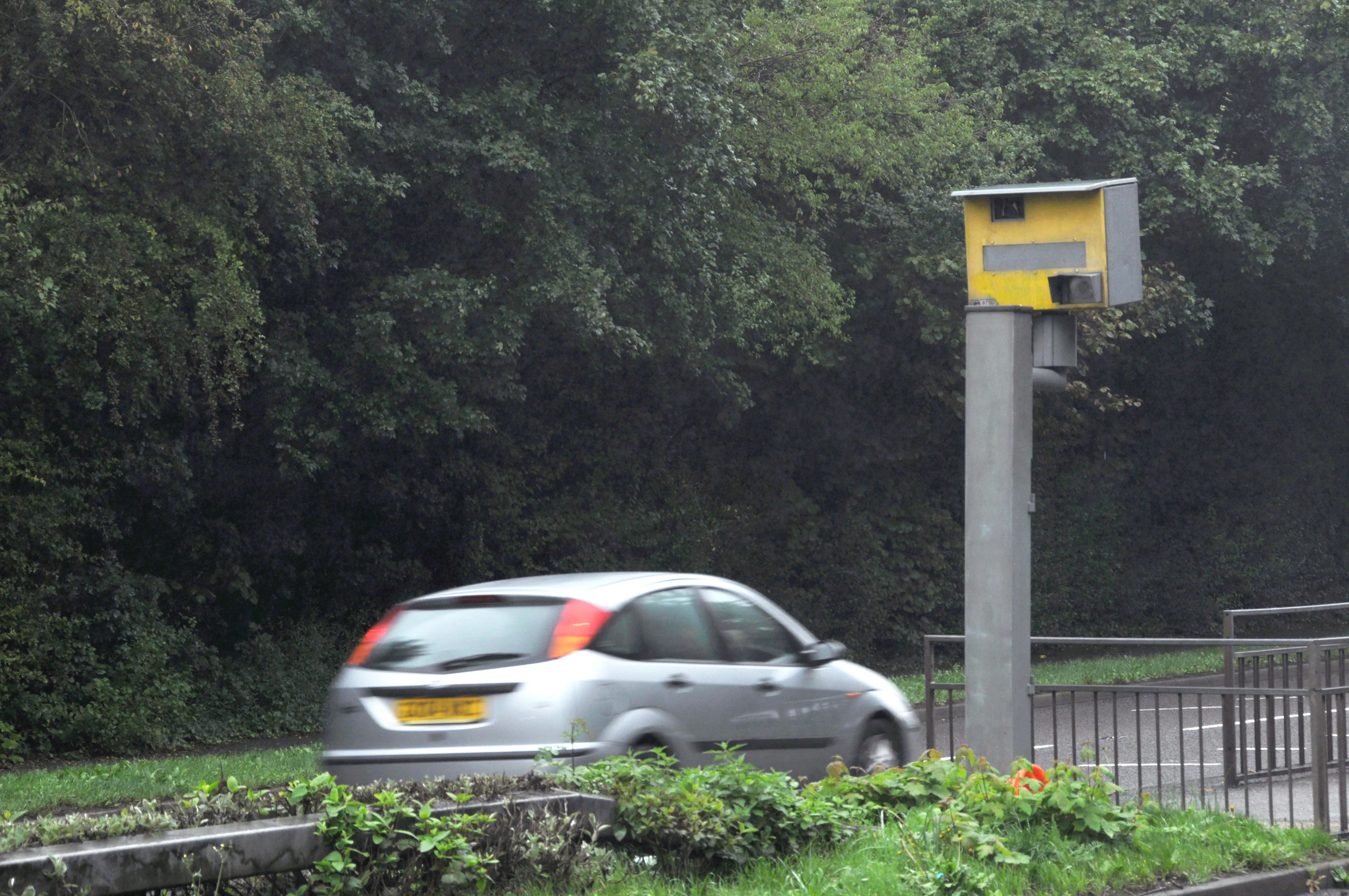The news that Europe’s road safety drive stalled in 2015 is a cause for concern. The actual causes of this stutter in the road with regard to boosting safety have yet to be identified. But it is highly likely that driver distraction plays a role, at least in part.
There is plenty of research showing just how much of a risk the use of cellphones pose for drivers. And yet far too many drivers are blasé about the risks these pose for driver distraction. The sight of someone using a cellphone at the wheel i
June 23, 2016
Read time: 3 mins

The news that Europe’s road safety drive stalled in 2015 is a cause for concern. The actual causes of this stutter in the road with regard to boosting safety have yet to be identified. But it is highly likely that driver distraction plays a role, at least in part.
There is plenty of research showing just how much of a risk the use of cellphones carries for drivers. And yet far too many drivers are blasé about the risks these pose for driver distraction. The sight of someone using a cellphone at the wheel is commonplace in Europe and the US, as well as elsewhere in the world.
Many people believe they are able to multitask, perhaps thinking they have evolved further than the rest of us and that they have superhuman, dual processing capabilities embedded in their skull. “I can drive safely while I’m talking on the phone,” is a claim I’ve heard many times, including from a number of colleagues (you know who you are). The fact is, these people are deluding themselves and putting themselves, and more to the point, others at unnecessary risk in doing so.
The human brain operates akin to an old computer when given a complex task to handle. With too much to do, it crawls to a halt. Remember watching that annoying hourglass spinning round and round and round on your old computer? That’s just like the brain when trying to talk and drive at the same time. And yes, there is a difference between talking on the phone and talking with other vehicle occupants. Again, research shows that when using a phone at the wheel the driver will automatically prioritise the conversation over the driving function. When talking with passengers, the driver will prioritise driving and conversation will dry up when a road hazard has to be negotiated.
Worse still are those fools who believe it is acceptable to text or use the internet while driving (and yes, that means you in the grey Mercedes I’ve seen drifting along at 80km/h on a dual carriageway while texting). Young drivers are more likely than most to use cellphones at the wheel, which is of concern as research from the UK also shows young drivers aged 17-24 are eight times more likely to be involved in a crash.
Research shows that drivers using phones at the wheel are four times more likely to crash. Hands-free kits meanwhile offer next to no benefit as driver distraction is by mental rather than physical function and while they may still be legal, they are not safe. The effects of using a phone while driving are by no means momentary either. Research has revealed that using voice-activated technology will take a driver's mind away from driving for up to 27 seconds after using the system.
To combat this massive problem, better education as to the risks will have to go hand in hand with better enforcement, and much tougher penalties for offenders.
There is plenty of research showing just how much of a risk the use of cellphones carries for drivers. And yet far too many drivers are blasé about the risks these pose for driver distraction. The sight of someone using a cellphone at the wheel is commonplace in Europe and the US, as well as elsewhere in the world.
Many people believe they are able to multitask, perhaps thinking they have evolved further than the rest of us and that they have superhuman, dual processing capabilities embedded in their skull. “I can drive safely while I’m talking on the phone,” is a claim I’ve heard many times, including from a number of colleagues (you know who you are). The fact is, these people are deluding themselves and putting themselves, and more to the point, others at unnecessary risk in doing so.
The human brain operates akin to an old computer when given a complex task to handle. With too much to do, it crawls to a halt. Remember watching that annoying hourglass spinning round and round and round on your old computer? That’s just like the brain when trying to talk and drive at the same time. And yes, there is a difference between talking on the phone and talking with other vehicle occupants. Again, research shows that when using a phone at the wheel the driver will automatically prioritise the conversation over the driving function. When talking with passengers, the driver will prioritise driving and conversation will dry up when a road hazard has to be negotiated.
Worse still are those fools who believe it is acceptable to text or use the internet while driving (and yes, that means you in the grey Mercedes I’ve seen drifting along at 80km/h on a dual carriageway while texting). Young drivers are more likely than most to use cellphones at the wheel, which is of concern as research from the UK also shows young drivers aged 17-24 are eight times more likely to be involved in a crash.
Research shows that drivers using phones at the wheel are four times more likely to crash. Hands-free kits meanwhile offer next to no benefit as driver distraction is by mental rather than physical function and while they may still be legal, they are not safe. The effects of using a phone while driving are by no means momentary either. Research has revealed that using voice-activated technology will take a driver's mind away from driving for up to 27 seconds after using the system.
To combat this massive problem, better education as to the risks will have to go hand in hand with better enforcement, and much tougher penalties for offenders.








